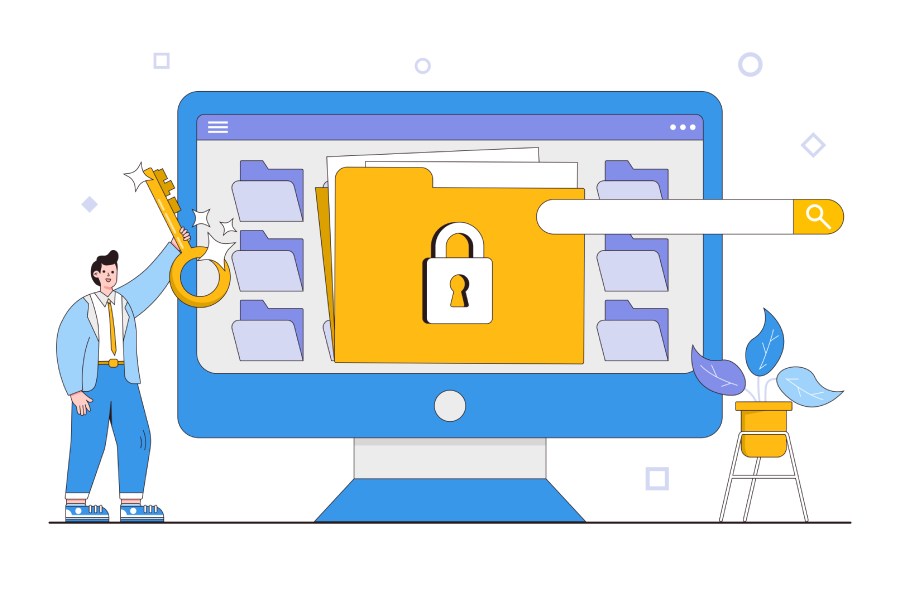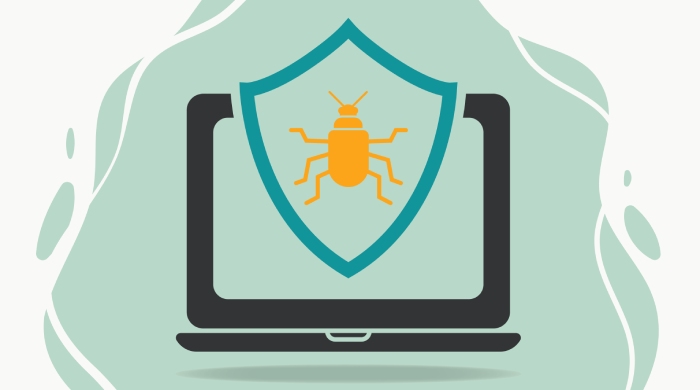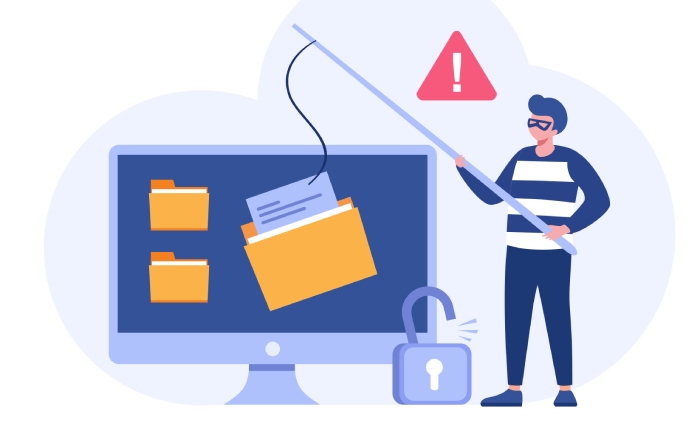By now you should know that coronavirus is being used to phish victims. And now apparently, it’s also being used to launch ransomware…on smartphones. From SC Magazine, “A malicious Android app that supposedly helps track cases of the coronavirus actually locks users’ phones and demands a ransom in order to restore access.”
The article further explains that “Victims are given a 48-hour deadline to pay a $100 ransom in bitcoin. To ratchet up the stakes, the ransomware program also threatens to erase one’s contacts, photos, videos and memory, as well as leak the victim’s social media accounts.” It seems that coronavirus can get you a lot of different ways.
Malware by Russian Hackers
In keeping with a theme, Russian hackers are selling a malware-sabotaged COVID-19 map. From SC Magazine, “The recently discovered weaponized coronavirus map found to infect victims with a variant of the information-stealing AZORult malware has been sold online by Russian language cybercrime forums. [The] interactive map dashboard was part of an infection kit designed for a Java-based malware deployment operation.”
“Cyberattackers continue to seize on the dire need for information surrounding the novel coronavirus.” Yes sir.
Phishing Phrontier
Hackers usually hack for money. Sometimes they hack for data. Now we have a story about hackers who hacked for…Big Macs. You heard that right. According to an article on Vice, “software developers Lenny Bakkalian and David Albert discovered two loopholes in the German McDonald’s system which allowed them to order an endless supply of free food.” Gives a whole new meaning to the word Hamburglar.
Fortunately for McDonald’s, the two hackers didn’t take advantage of the flaw in the company’s app. They did however confirm that they received some kind of reward from McDonald’s for finding the flaw. Probably doesn’t taste as good though.
Trojanized Hacking Tools
Well it’s about time someone turned the table on hackers. From Help Net Security, “Hackers are getting hacked via trojanized hacking tools. Someone has been trojanizing a wide variety of hacking tools to compromise the machines of hackers who want to use the tools for free. The researchers’ investigation revealed that this campaign appears to have been going on for several years.”
Who is behind this? Who cares?
Body Count
Anything that impacts public safety today is going to be a big deal, especially ransomware. Such is the situation with the Illinois Public Health Agency. According to Mother Jones, “The website for a public health department serving about 210,000 people in central Illinois, including students at the state’s flagship public university, has been hit with ransomware that could leave it shuttered for up to two weeks.”
It’s not clear who the perpetrators are or if the agency paid the ransom. And they’re certainly not the first public agency to be hit. “Since 2013 there have been at least 350 instances of ransomware targeting state or municipal political entities who were without email security service. Illinois has seen 14 incidents in that time, according to the data.”
Carnival Corp Data Breach
Cruise lately? If you have, you may have had your personal data compromised. According to the Identity Theft Resource Center, “Carnival Corp. announced that two of its cruise lines were impacted by a Carnival cruise line data breach. Unknown numbers of employees and customers of Princess line and Holland America line may have had their complete identities compromised, including names, addresses, Social Security numbers, government-issued travel numbers and more.” Ouch.
How did this happen? The same way they all happen. “The Carnival cruise line data breach appears to have occurred as a result of a targeted email attack that included deceptive communications, which are most likely part of a phishing attack.”
And that’s the week that was.


